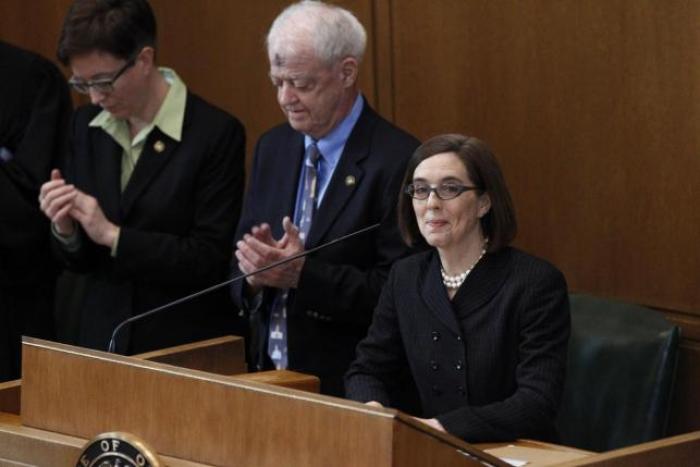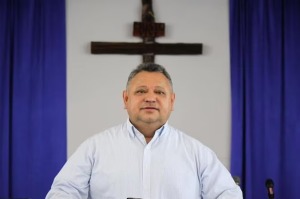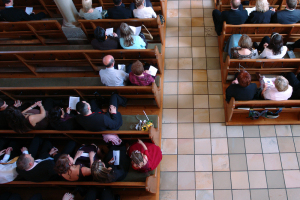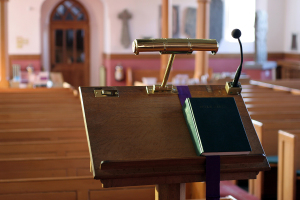Churches sue Ore. gov. over ban on in-person services of over 25 people

Two churches have filed a lawsuit against Oregon Governor Katherine Brown over an executive order that prohibits religious gatherings of more than 25 people.
Edgewater Christian Fellowship and Roseburg Church of God of Prophecy want to reopen by Pentecost Sunday, which is May 31.
Earlier this month, Brown issued Executive Order 20-25, which rescinded some of the in-person gathering restrictions enacted to curb the spread of the coronavirus.
The executive order maintained a ban on all “cultural, civic, and faith-based gatherings of more than 25 people” while still exempting entities like workplaces, schools, and grocery stores. Any violation of the order can result in 30 days in jail and a $1,250 fine, with the order being in effect at the discretion of the governor and lacking a specific expiration date.
According to the lawsuit, filed Tuesday against Brown over the order in U.S. District Court for the District of Oregon, both churches have complied with earlier state restrictions on in-person worship since March but the ongoing ban "substantially burdens" them.
“Plaintiffs sincerely believe that the Bible teaches the necessity of gathering together for corporate prayer and worship and that such assembly is necessary and good for the Church and its members’ spiritual growth,” says the complaint.
The churches and their pastors are being represented by the Alliance Defending Freedom, a conservative law firm that specializes in religious liberty cases.
“While responding to crises can be difficult, this case is not,” said ADF Legal Counsel Caleb Dalton in a statement released Tuesday.
“There is no legitimate justification for banning church services of 26 or more—with responsible social distancing and health and safety protocols—while allowing malls, gyms, restaurants, and retail establishments to fill to social-distancing capacity.”
Earlier this month, Baker County Circuit Judge Matthew Shirtcliff ruled in favor of a different group of churches arguing that state restrictions on in-person gatherings were unconstitutional.
Shirtcliff had concluded that Brown exceeded her authority by restricting business operations and worship services for more than the 28 days governors are allowed to do so under state law.
However, the Oregon Supreme Court put a halt to the lower court’s injunction against the orders, pending further litigation by both parties.
"Following swift action by the Oregon Supreme Court, my emergency orders to protect the health and safety of Oregonians will remain in effect statewide while the court hears arguments in this lawsuit," said Brown in a statement earlier this month.
"From the beginning of this crisis, I have worked within my authority, using science and data as my guide, heeding the advice of medical experts."




























